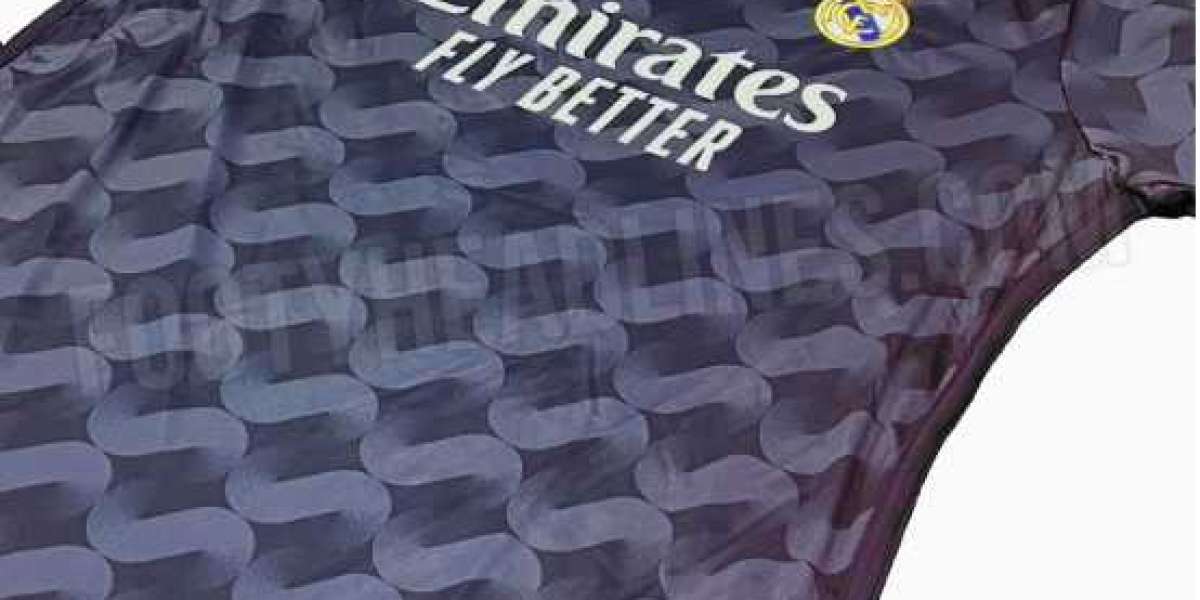BESS Manufacturers: Powering the Energy Storage Revolution
Energy storage is shifting the global power landscape. More renewable sources like solar and wind now feed the grid. We need reliable solutions to manage supply and demand. That’s where battery energy storage systems come in.
Today, leading bess manufacturers design and produce cutting‑edge battery systems. They deliver scalable solutions. These systems serve homes, businesses, and entire power grids.
What BESS Manufacturers Do
BESS manufacturers build systems that store and release electrical energy. These systems charge during low‑cost or excess power times. They discharge during peak demand or supply shortfalls.
They design battery modules, software controls, and safety systems. They also integrate inverters for AC/DC conversion. Many offer full installation and maintenance services.
Types of BESS Products Offered
BESS manufacturers make different system types. These include:
Residential BESS: Small units up to 20 kWh. Ideal for homes with solar setups. Provide backup power and bill management.
Commercial BESS: Medium systems from 50 to 500 kWh. Used by businesses to reduce peak energy charges. Often paired with solar or EV charging.
Utility‑Scale BESS: Large systems in the megawatt range. Used for grid stabilization, demand response, and renewable balancing.
Each type serves specific market needs.
Core Technologies Behind BESS
Modern BESS rely on several key technologies:
Lithium‑Ion Batteries
Widely used for high energy density and efficiency.LFP (Lithium Iron Phosphate)
Offers enhanced safety and thermal stability.Flow Batteries
Provide long duration and scalability. Useful for grid‑level storage.Battery Management Systems (BMS)
Monitor charge, temperature, and performance.Power Conversion Systems (PCS)
Handle AC/DC conversion and power flow.Energy Management Software
Optimizes charge/discharge cycles and grid interaction.
These components define performance and lifespan.
Top Global BESS Manufacturers
Several companies lead the global BESS market:
Tesla Energy
Famous for its Powerwall (residential) and Megapack (utility-scale). Known for sleek design and strong brand.LG Energy Solution
Supplies high-grade battery cells and full BESS packages. Popular with solar installers and OEMs.BYD (Build Your Dreams)
Offers integrated BESS for homes, businesses, and utilities. Strong in modular systems and safety.Fluence
A joint venture of Siemens and AES. Focused on large-scale grid applications and smart software tools.Samsung SDI
Delivers advanced battery modules and customizable BESS platforms. Known for compact, efficient systems.CATL
A global leader in battery production. Supplies both EV and BESS solutions. Emphasizes innovation and mass manufacturing.
Each company excels in different market segments.
How to Choose a BESS Manufacturer
Here are important factors to consider:
Application Fit
Match your needs—home, commercial, or utility-scale.Battery Technology
Choose lithium-ion, LFP, or flow based on lifespan and safety priorities.Track Record
Check for references and completed installations.Warranty & Support
Look for solid service terms and responsive customer care.Software Capabilities
Smart monitoring and control help optimize performance.
A well-chosen manufacturer ensures reliability and long-term value.
Benefits of Working with Trusted BESS Manufacturers
Partnering with a reputable company offers clear advantages:
Cost Efficiency
Reliable systems reduce outages and energy waste.Enhanced Safety
Certified designs follow strict safety norms.Better Performance
High-quality components yield longer lifespan.Seamless Integration
Well-designed systems integrate easily with solar or grid.After‑Sales Support
Maintenance and updates preserve system health.
These benefits maximize ROI and user satisfaction.
Industry Trends in BESS Manufacturing
The BESS sector is evolving fast. Key emerging trends include:
Solid‑State Batteries
These promise higher energy density and improved safety.AI‑Driven Energy Management
Machine learning optimizes energy flows and predicts faults.Recycling & Sustainability
More firms focus on battery lifecycle and reuse strategies.Modular Design
Plug-and-play systems simplify scaling and maintenance.Global Expansion
Manufacturers are entering emerging markets across Asia, Africa, and Latin America.
These developments shape a smarter, cleaner energy future.
FAQs About BESS Manufacturers
Q1: What does a BESS manufacturer do?
A: They design and build battery storage systems for energy management, grid support, and backup power.
Q2: What sizes do BESS systems come in?
A: They range from small home units (under 20 kWh) to large utility systems (many megawatt‑hours).
Q3: Is lithium‑ion always the best battery type?
A: It’s popular for efficiency, but options like LFP or flow batteries may suit other needs better.
Q4: How long will a BESS system last?
A: Typical lifespan is 10–15 years, depending on technology and usage.
Q5: Are BESS units safe?
A: Systems from trusted manufacturers meet safety standards like UL, CE, or IEC.
Q6: Can I install a BESS system myself?
A: Most residential units are installed by professionals for safety and warranty compliance.
Q7: Do manufacturers offer monitoring tools?
A: Yes, many include apps or platforms to track performance, usage, and alerts.
Q8: What goes into choosing the best manufacturer?
A: Look at technology, reputation, warranties, product support, and software features.
Conclusion
BESS manufacturers drive the future of energy storage. Their systems store power reliably, reduce costs, and support renewable integration.
From homeowners to utilities, the right BESS can transform energy use. Whether you install a small home unit or a grid-scale system, choosing the right manufacturer is key.
As technology improves and prices fall, BESS will become central to modern energy strategies. Now is the time to evaluate options and invest in smart, reliable storage solutions.








